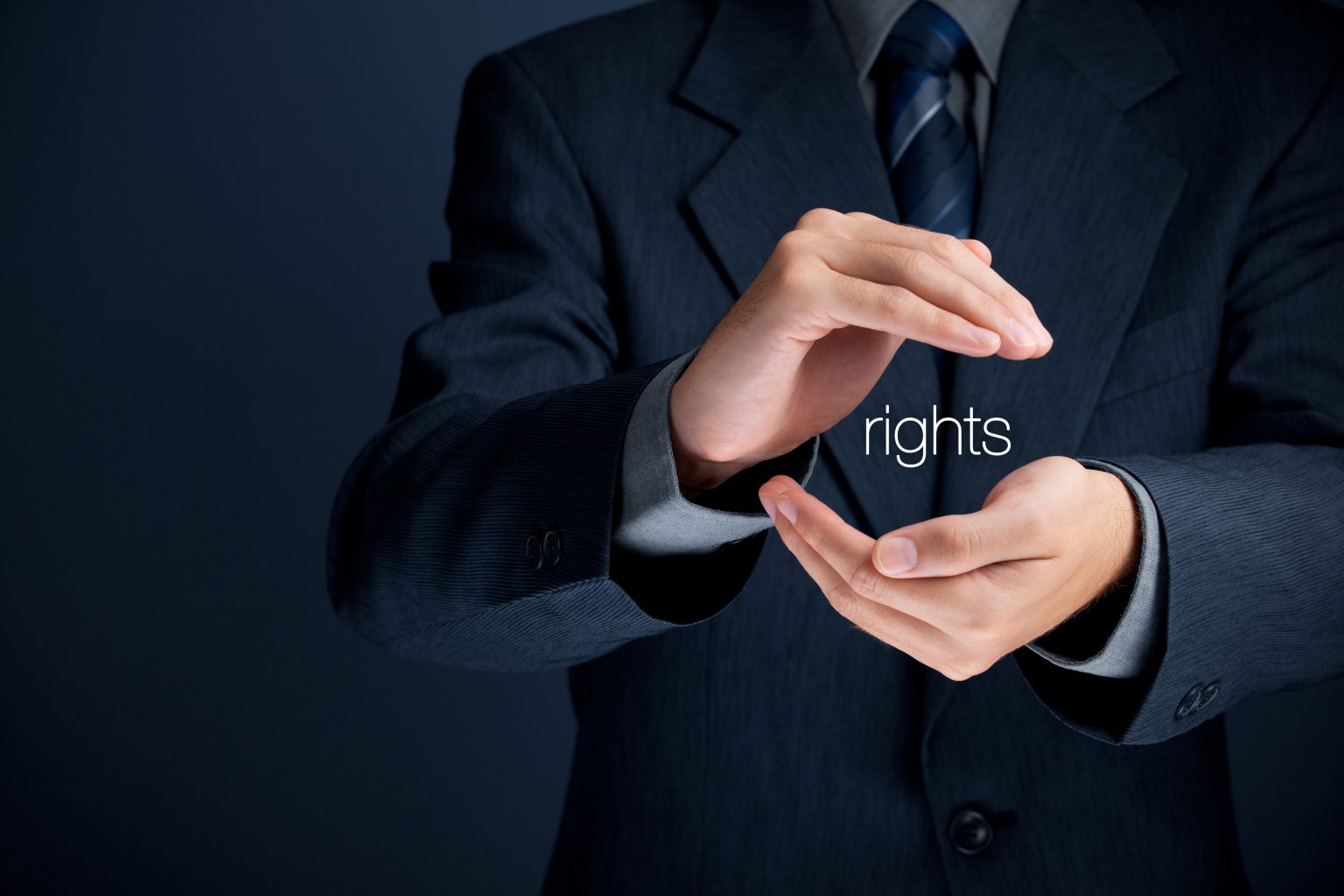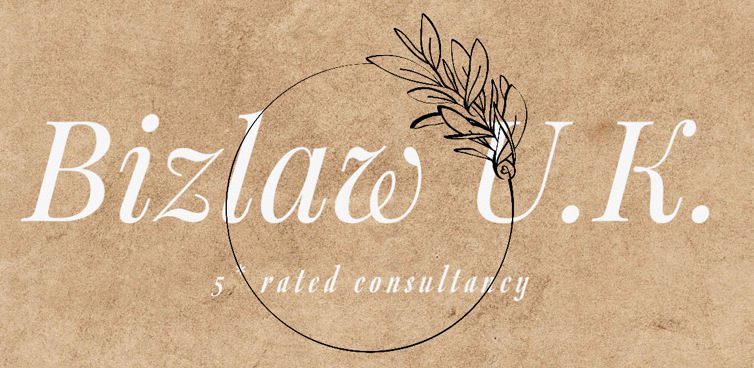|
Getting your Trinity Audio player ready...
|
Digital Copyright in the Modern-day

The territory of the internet is far from being a lawless land. Earlier, the regulations were perplexing and were in their infancy. In today’s fast-paced world, the rights and duties in such a virtual environment are transparent and incredibly well defined. As it is a universe in which the exchange of information is constant and very rich, ranging from Former US President Barack Obama’s Hope Poster to the famous Indian music director Ilayaraja, one of the most sensitive and controversial issues in this regard is copyright infringement. But what is copyright?
Overview
- Copyright protects your creative work and stops others from using it without your permission.
- You get copyrighted protection automatically – you don’t have to apply for it or pay a fee. There isn’t an official register of copyright works in the UK like there is for trademarks, though many unofficial ones exist.
- You automatically get copyright protection when you create:
- Original literary, dramatic, musical, and artistic work, including illustration and photography
- Original non-literary written work, such as software, web content, and databases
- Sound and music recordings
- Film and television recordings
- Broadcasts
- The layout of published editions of written, dramatic and musical works
- You can mark your work with the copyright symbol (©), your name, and the year of creation. Whether you mark the work or not doesn’t affect the level of protection you have. If you need to make a claim, check the license register before you file it with the Copyright Tribunal.
- How copyright protects your work
Copyright prevents people from:
- Copying your work.
- Distributing copies of it, whether free of charge or for sale.
- Renting or lending copies of your work.
- Performing, showing, or playing your work in public.
- Making an adaptation of your work.
- Putting it on the internet.
- There are a few exceptions to the above such as those used by libraries and schools.
Please rate us if you have found this information useful. For further help with copyright assignment or licensing or any other online media and entertainment advice, please contact help@bizlawuk.co.uk or WhatsApp us on 07583452230 and we can connect you to the right intellectual property law professional. Visit https://www.bizlawuk.co.uk to find out more about how we can help you with our other business services, check our 5-star testimonials and watch our Youtube channel or listen to our podcasts. If you find this information useful, please follow our social media platforms, like, and share.
Copyright overseas
- The Berne Convention, for instance, protects work copied in other countries as well through international agreements.
- In most countries, this lasts a minimum of life plus 50 years for most types of written, dramatic and artistic work, and at least 25 years for photographs. It can be different for other types of work. For Eg, broadcasts are 50 years from the first broadcast while films are protected 70 years after the death of the director, screenplay author, and music composer.
- A literary, dramatic, or musical work in the UK is not subject to exclusive copyright unless and until it is recorded, in writing, or otherwise created.
- The Copyright, Designs and Patents Act, 1988 talks about how this ownership belongs to the owner, except when an employee creates the work during employment. There is the protection of 70 years for non-computer- work and 50 years for computer-generated work. However, in 2017, the British Parliament passed the Digital Economy Act, which expanded the powers of British communication’s regulatory agencies and extends criminal penalties to online infringements from 2 to 10 years for serious offenses. It also includes a Mens Rea provision. Right holders can now also claim copyright fees for retransmission of Public Service broadcasts via cable.
Contractual agreement
- At some point contracts are likely to be agreed unless the only person using the work is the copyright owner. You may wish to seek advice from a solicitor, perhaps one specializing in copyright and contract law, before proceeding with licensing or assigning your copyright.
- Contractual agreements are likely to be important when you:
- Need a partner to help exploit the copyrighted work
- Wish to negotiate the sale or other transfer of copyright
- Would like to agree on a license with someone else who wants to use the copyrighted work.
- A collecting society, such as a foundation, could manage the rights and collect royalties globally.
- When sharing and negotiating on copyright-protected work, a nondisclosure agreement may be necessary. An unpublished or unlisted script, for example, of a film. By inheritanice, we can also pass on these goods from generation to generation.
Implied license
- Despite the lack of a written or verbal license, an implied license might still occur. In spite of this, it is always best to secure some kind of record of any agreement regarding a license.
- It is only conceivable to claim that an implicit licence exists if all of the circumstances indicate that the copyright owner anticipated the user to use the copyrighted work in the manner intended, even if this was never stated or written down anywhere. For example, this might occur where a person has commissioned the creation of a work (for example, a company logo or a corporate training video), but has not agreed to a license with the creator to use the work.
Sell your copyright
- If you decide to sell or transfer your copyright there would need to be a written, signed contract stating a transfer has taken place. Assignments fall under this category.
- You may retain certain moral rights even if you sell certain copyrighted material in your work. Among other things, you might be able to claim authorship (provided you have already asserted it). And the right to object to any derogatory treatment of your work. It is permissible to waive the rights of a worker, but not to transfer or assign these rights.
Copyright protection system:
- The UK has a suitable copyright renewal mechanism and institutional protective environment. To protect freedom of the press and information dissemination as well as to prevent fake news propagation. And infringement in the digital age, reconstructing the balance of interests of all copyright owners versus social media sharing by individuals and businesses while ensuring the continuous growth of the country’s digital economy is extremely important. Fighting against online infringement is an integral part of the British government’s improvement of the copyright protection mechanism. PACT is a membership organization for creatives working to actively preserve copyright owners’ work.
- Other important regulatory bodies for communications such as Ofcom(Office of Communications) and the Advertising Standards Authority (ASA) have guidelines on digital content. So also the BCAP and CAP (Broadcast/Code Of Advertising Practice) that provide marketing and advertising guidance as well as the ASA (Advertising Standards Authority) that regulates advertising need to be followed.
Performing Rights Society:
- Organizations like the Performing Rights Society (PRS) in the UK and other organizations overseas collect royalties for copyright-owned performances. Simultaneously, the government has also eased procedures for copyright protection, making this infringement claims more convenient, faster, and more efficient.
- In 2015, an interesting and controversial US judgment was passed on the song “Happy Birthday”. There was no protection given to the lyrics or melody of the song, only the piano arrangement. Music groups Warner/Chappell would not release this track to the public until remuneration was paid. How did something so universal slip by for so long?
Copyright law
- Because the EU copyright framework is a major part of UK copyright law, that law will change again as of January 2021 as a result of Brexit. However, the international ties in place will still offer protection.
- Thus copyright law is very interesting and covers books, films, TV series, art, and music, all very popular online and constantly changes with case law.
Copyright allows its owners to earn money. And encourages the creation of works of art, music, books, films, and television. The ultimate objective of copyright is to protect human ingenuity rather than making it freely available to everyone at the expense of the owner. The question is- can copyright laws keep up with changing digital media policies in this digital era in which many countries are enacting and amending legislation.
Please rate us if you have found this information useful. For further help with copyright assignment or licensing or any other online media and entertainment advice, please contact help@bizlawuk.co.uk or WhatsApp us on 07583452230 and we can connect you to the right intellectual property law professional. Visit https://www.bizlawuk.co.uk to find out more about how we can help you with our other business services, check our 5-star testimonials and watch our Youtube channel or listen to our podcasts. If you find this information useful, please follow our social media platforms, like, and share.
